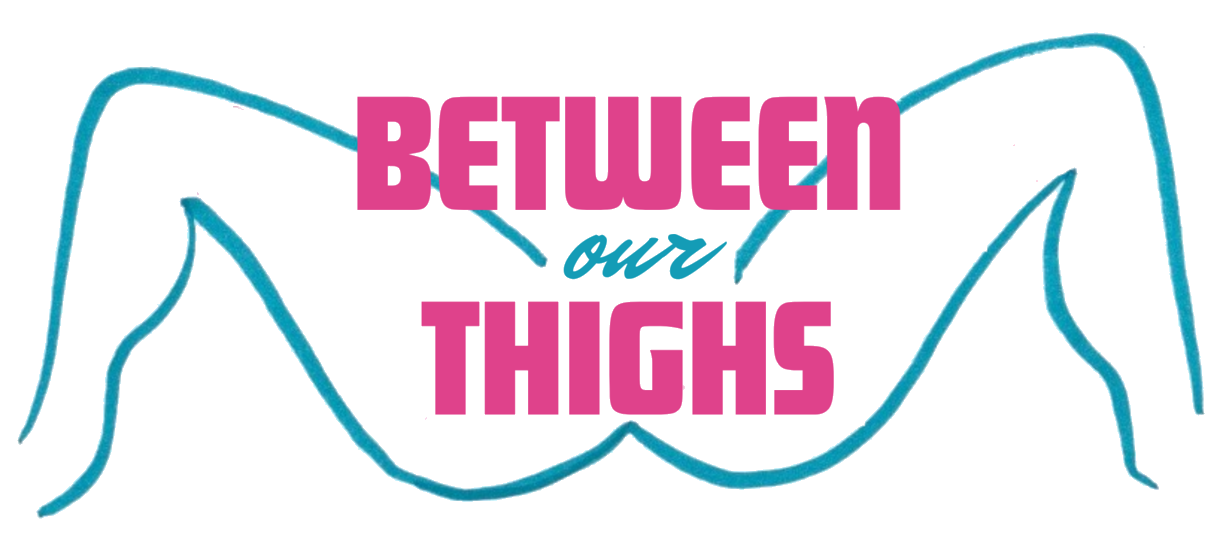Here Are 13 Tips to Reflect On Yourself and Make Introspection Easy
Why is self-reflection important, and what does it mean to reflect on yourself? With thousands of thoughts racing through our minds each day, it can become stressful trying to sort through them all and eliminating the negative while embracing and focusing on the positive. When these thoughts are overwhelming, they can start to consume your day. Thus, the importance of becoming introspective is very evident.
During this very informal but beneficial self-reflection process, a person’s journey to enhanced self-awareness can be achieved through any number of self-reflection exercises. You need only to stop, reflect on yourself and your mental experiences, and analyze your thought process in as unbiased a way as possible.
Take a moment to think about how self-evaluation and self-awareness can improve your mental health and make you a happier person overall. Are you now ready to begin? Try these methods below.
Consider your past experiences
Ready to be the most introspective you can be? It all starts with looking at your past to better understand where you currently stand and how you can improve your emotional future.
When considering past experiences, try to make yourself aware of what personal thoughts and actions, as well as external forces, led you to feel extreme emotions (whether positive or negative). How can you work towards putting yourself in more of these beneficial situations to continue fostering personal growth and eliciting a sense of safety and happiness going forward? How can you avoid conditions that cause you anxiety, anger, or sadness (or work through these situations if they arise)?
Think about what you’d like to learn
One of our go-to self-reflection exercises is taking the time to come to a clear understanding of what it is we’re hoping to accomplish through self-reflection. Keep in mind that this goal is not set in stone and can change with time — just like you as a whole, our minds and lives are dynamic and ever-changing!
By clarifying what you’d like to learn about yourself and how you feel most comfortable going about the process at this moment, you can find a route that will work best for you. Today, it could be learning the best ways to cope with anxiety caused by your job, but tomorrow, it might be learning how to talk to your partner about your needs in a more straightforward way.
Determine what your ideal life looks like
In the most ideal of worlds, we are confident, joyful, loved by ourselves and others, and ready to take on anything that comes our way. In addition to these foundational factors, there are unique elements that vary from person to person; so, ask yourself, what are the other things I need to lead my most fulfilled and ideal life?
When these things become more apparent, you can write them down to remind yourself what you are consistently moving towards (even when it might not feel like it). In the meantime, prioritizing self-love and self-care — for example, making time for self-love exercises — can help keep you on the right path.
Ask yourself deeper questions
Just as having deeper conversations with your partner is crucial, so too is having these profound ‘discussions’ with yourself. It’s easier than you might imagine having your opinions and beliefs swayed by the outside world, whether by a specific person or general social influences. Some questions you may want to ask yourself include (but are certainly not limited to):
Do I want to have children, or am I feeling pressured because my parents want grandchildren?
Do I want to get married, or am I only inclined because that’s what most other people are doing?
Do I enjoy my current career, or am I staying in this job because I feel obligated to stay in a position related to my degree (that I spent thousands of dollars on)?
Label and acknowledge how you are feeling
There are no ‘right’ or ‘wrong’ feelings. While we can work on having healthier reactions towards events in our lives through therapy (more on that in a bit), the way we feel about something in a given moment is nothing to be proud or ashamed of — it just is. Yes, even when you think differently about something than most people.
Acknowledge the emotion, label it (“I feel happy” or “this makes me feel happy,” for example), and reflect on why you are experiencing the situation as you are. What about this makes you feel the way that you do? If it’s a negative emotion that you feel, what could be different about the scenario to make you feel better?
Surround yourself with the right people
The people we surround ourselves with, particularly the close company that we keep, have a significant impact on our perceptions of the world around us. While we all have off days and are not always on our ‘A-Game,’ it’s vital that the folks we spend most of our time with are people who leave a positive impact on our lives.
Seek out people that respect your essential boundaries, who allow you to speak openly, who lift you up, and who are honest and loyal to you. These are the people who will continue encouraging you to be the best version of yourself.
Take yourself on a date alone
An incredible way to spend some time doing your favourite things — and treating yourself right — is by going on self-dates. This is essential whether you’re in a committed relationship or single. Regardless of your relationship status, you need to get to know yourself first and foremost. Taking this time to go out and have fun alone, do some creative work, journal, or just sit quietly is a small act of service to yourself that you very much deserve.
Self-dates are also the perfect opportunity to get to know yourself better by enjoying some unique date ideas for a party of one.
Make decisions for yourself confidently
That clichéd saying that no one knows yourself better than you is cliché for a reason. After all, the only person who is with you every moment of every day for the entirety of your life is you!
With this in mind, it becomes more obvious why you need to trust your gut and learn to make decisions for yourself confidently. You know what you want and what you need more than your friends, family, and even your partner; don’t let other people sway your decision to do what is best for you. Ultimately, it is you who will have to live with the consequences of this decision, whether they’re short- or long-term.
Get comfortable sitting in silence with yourself
As RuPaul so famously says, “If you don’t love yourself, how in the hell you gonna love somebody else?”
Getting comfortable being alone and sitting with yourself in complete silence is a challenge to many people, as the thoughts we are left to address when there are no present distractions can be troubling. While there’s no guarantee that even the most introspective individual will have a clear mind and no negative thoughts to confront, improving your ability to self-reflect will increase your chances of overcoming your stressors even when it seems that there is no outside help.
You want to be able to be alone without needing to be reliant on other people for emotional and mental support.
Keep an ongoing journal
There are many reasons why journaling is so beneficial, including its ability to guide you through self-reflection. Putting our thoughts to paper (or even typing them out in a computer or phone document, if that’s what you prefer) is a fantastic way for people to honestly convey their thoughts and feelings in a given moment and about any topic. Without having to worry about another person potentially passing judgment or guiding your emotions in another direction, a journal captures your feelings exactly as they are.
When looking back on your words later on — anywhere from a day to years after — you’re able to track the trends in your feelings and abilities to cope with certain things.
Speak to a registered therapist or psychologist
Here at Between Our Thighs, we often speak about the importance of seeing a therapist. While talking to trusted folks in your close circle can be beneficial to your mental health and ability to work through both celebrations or problems you are living through at the moment, the fact is, these people are biased. They have thoughts and opinions about you, as a loved one, as well as the people and situations you are interacting with.
A therapist can view situations in an unbiased, non-judgmental manner. They do not feel as if they need to appease your feelings (as loved ones sometimes do), which means that their professional advice is also very likely what you need to move forward.
Practise gratitude as often as possible
While acknowledging and labelling your emotions is very important, a negative state of mind is not something you want to dwell in for long periods. Doing so can detrimentally affect your mental health. Yes, you can dip in and out of these frustrating, angering, or grief-stricken states, but in between, try to see the positives.
Practicing gratitude for the good things in life, regardless of how small, can significantly positively impact your mental well-being. Perhaps it’s loving your body, enjoying a thoughtful phone call from a friend, or savouring the flavours of a decadent meal that was cooked to perfection. Take that moment and be thankful for it.
Give yourself time to grow
Like any healthy relationship, your relationship with yourself also needs to change and adapt along with you. By allowing yourself to grow, you recognize that, like everyone else on this planet, you have the right to continuously evolve as the very best version of yourself. Sometimes this means you move on from people, jobs, and even locations throughout your journey — and that’s okay!
Forcing yourself to remain stagnant is a form of self-harm and proves that you are disallowing yourself from being genuinely self-reflective and self-aware. As you practice introspection, you will learn more about the incredible person you are and what you need to do for optimal personal growth.
There’s no doubt about it: introspection is essential to the self-mastery of your well-being. It’s more than just looking up positive quotes and ‘faking it until you make it,’ with a false smile. When you truly reflect on yourself and your mental experiences, analyzing the thought processes you are undergoing in an unbiased way, that is when you can find a greater sense of peace and understanding within yourself.
We hope that by utilizing the self-reflection exercises listed above, you will find the journey of becoming increasingly introspective an easy one.
What are some of your favourite self-reflection exercises? What does self-awareness mean to you? Let us know your thoughts in the comments below.






